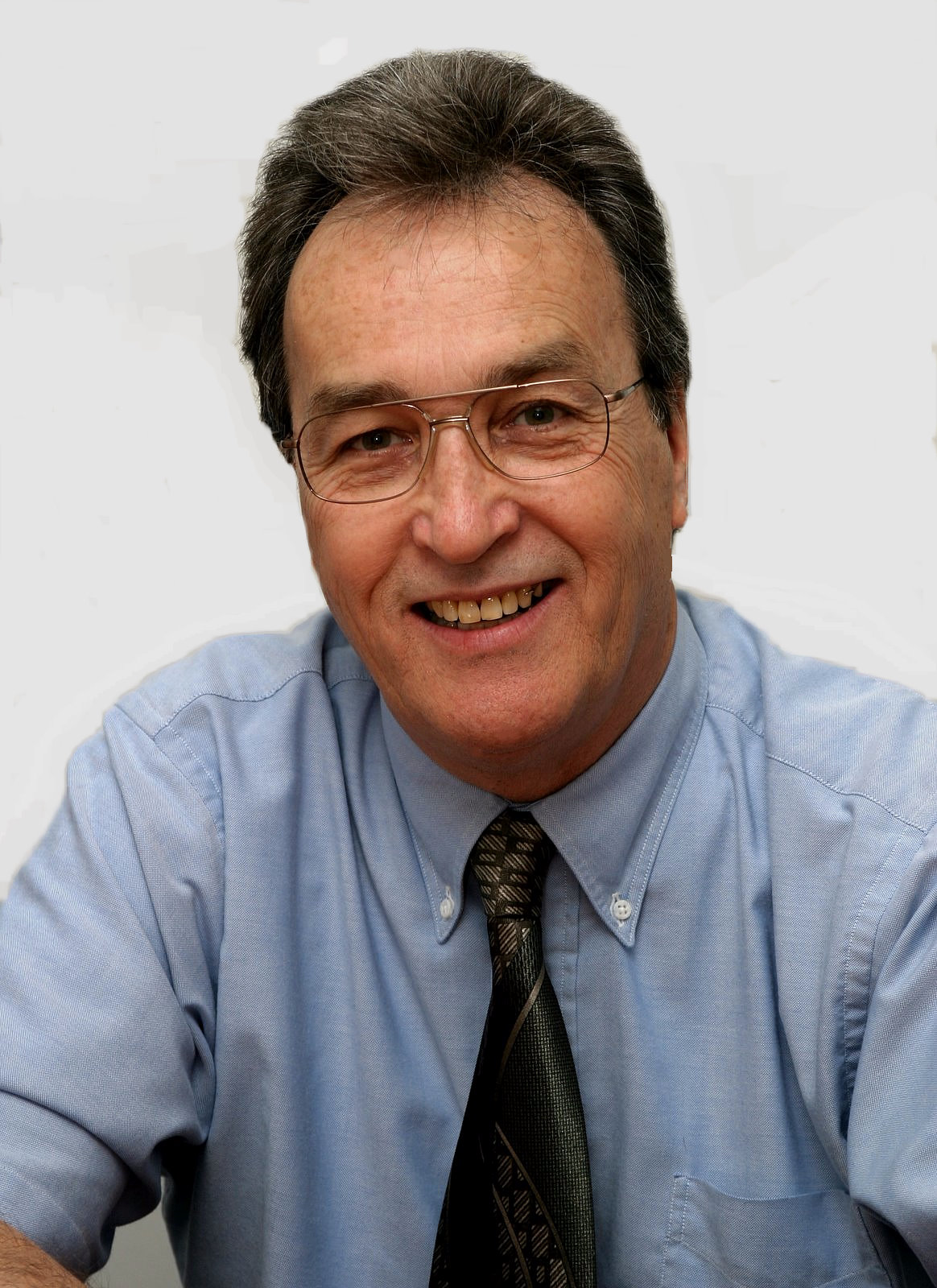Citing the U.K. as an example, Mr Obama praised them for spending half (or less) than we do on health care. How do they do it you might ask, try their National Institute for Health and Clinical Excellence ( another progressive code word(S) for "you're gonna get screwed again").
The British officials who established NICE claimed that it was a body that would ensure that the government-run National Health System used "best practices" in medicine. Health ministers are setting up NICE designed to ensure that every treatment, operation, or medicine used is the proven best. It will root out under-performing doctors and useless treatments, spreading best practices everywhere.
NICE has now become a rationing board. As health costs have exploded in Britain NICE reduces spending by limiting the treatments that 61 million citizens are allowed to receive through the NHS.
Here's some frightening examples:
NICE removed two drugs from their approved list, Lapatinib and Sutent. They prolong life of those with forms of breast and stomach cancer.
They also ruled against drugs that would help terminally ill kidney-cancer patients.
Peter Littlejohns, NICE's public health director, said that "there is a limited pot of money,"and the money might be better spent elsewhere. Nice guy . . . Very thoughtful and empathetic.
The board also restricted access to two drugs for macular degeneration. Macugen was blocked outright. The other, Lucentis, was limited to a particular category of individuals with the disease, only about 20% that needed it, then they are only going to allow it in ONE EYE!. Go blind in the other! We don't care! Thanks again Peter Littlejohns. Let's nominate him for humanitarian of the Year.
Wait . . . . It gets better.
NICE has limited the use of Alzheimer's drugs, including Aricept, for patients in the early stages of the disease. Doctors in the U.K. argued loudly that the most effective way to slow the progress of the disease is to give drugs at the first sign of dementia. NICE ruled the drugs were not "cost effective" in early stages. See a pattern here?
Other NICE rulings include the rejection of Kineret, a drug for rheumatoid arthritis;
Avonex, which reduces the relapse rate in patients with multiple sclerosis; and
lenalidomide, which fights multiple myeloma.
Private U.S. insurers often cover all, or at least portions, of the cost of many of these NICE-denied drugs.
Folks, the list goes on:
Including denying pap smears for all women under 25. Restrictions on surgical procedures such as back pain surgery and fertility treatments.
They even have a dollar formula for the end of life that says it cannot cost more than $22,000 per 6 months or you are denied and get to die! Wow! that's enlightened. also, That figure has remained fairly constant since NICE was established and doesn't adjust for either overall or medical inflation. The last six months of life are a particularly difficult moral issue because that is when most health-care spending occurs. But who would you rather have making decisions about whether a treatment is worth the price -- the combination of you, your doctor and a private insurer, or a government board that cuts everyone off at $22,000?
It comes as no surprise that Britain has the lowest cancer survival rate in all of Europe.
Needless to say the savings is being overwhelmed by the cost of the law suits, and people are still suffering and dying.
Mr. Obama and the Democrats claim that they can expand the care to millions of Americans, while saving money and improving the quality of care. It can't be done. The inevitable result of their plan will be a NICE board that will tell millions of Americans that they are too young, or too old, or too sick to be worth paying to care for. And that may well be the future of American health care.
And if you think things are any better in Canada, think again. The actress Natasha Richardson died after falling skiing in Canada .
It took eight hours to drive her to a hospital. There were NO medivac helicopters anywhere near the ski resort.
If Canada had our healthcare she might be alive today.
In the United States, we have medical evacuation helicopters that would have gotten her to the hospital in 30 minutes. It took them 8 HOURS to drive her down a mountain to a facility. Aparently THEY couldn't help her . . . They sent her to New Your. And by then . . . Well, we all know the rest of the story.
Have a nice day.





No comments:
Post a Comment